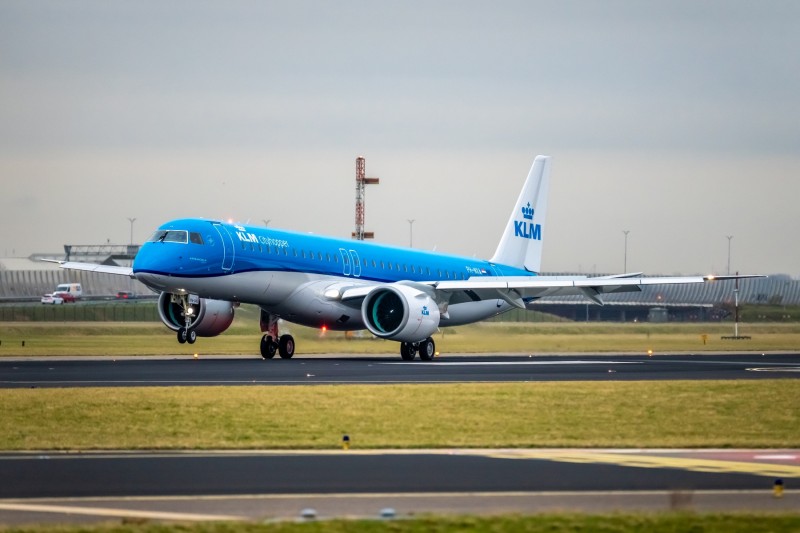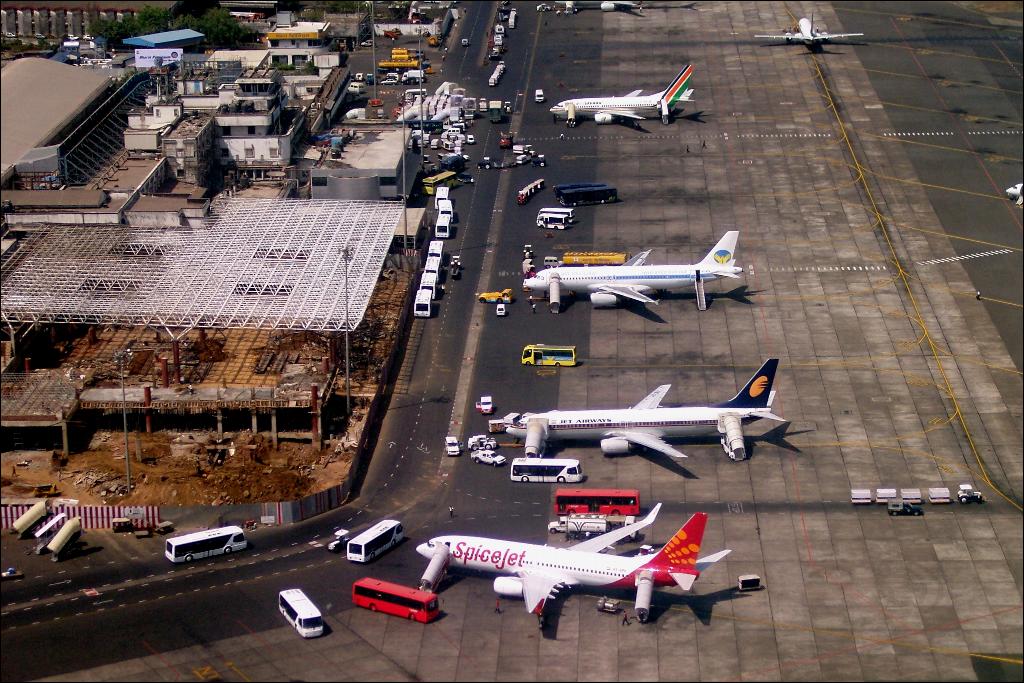KLM is wasting less food on board aircraft thanks to artificial intelligence. AI programs enable the company to better predict how many passengers who have booked will actually board a flight. This allows the exact number of required meals to be calculated and KLM achieves up to 63% less food waste based on the expected number of passengers per flight. On an annual basis, this amounts to a saving of more than 100,000 kg of meals.
Investments in digital technology are a priority for KLM. The application of artificial intelligence contributes enormously to improving our flight operations and making them more sustainable. Combatting food waste is a good example of this, resulting in tens of thousands fewer meals being wasted on our flights each year.
KLM is working on using artificial intelligence to determine the number of meals on board to help combat food waste. Not all bookings made result in a passenger on board a KLM aircraft. Depending on the class, between 3 and 5% of booked passengers do not show up (on time) for the flight.
The latest AI model (TRAYS) is the first model specifically developed for KLM’s catering activities. The AI model predicts the number of passengers on board based on historical data. The Meals On Board System (MOBS) receives the expected passenger numbers per flight with separate forecasts for Business, Premium Comfort and Economy classes. The prediction using the AI model starts 17 days before departure and continues until 20 minutes before the flight departs. This means the most accurate possible number of passengers is predicted for the entire catering process from purchasing to loading, thus preventing a surplus of meals.
The AI model TRAYS was launched at the end of last year by Kickstart AI. The initiative assembled talent from leading companies, including KLM, bol, Ahold Delhaize, NS and ING, to work on the development of this model.









